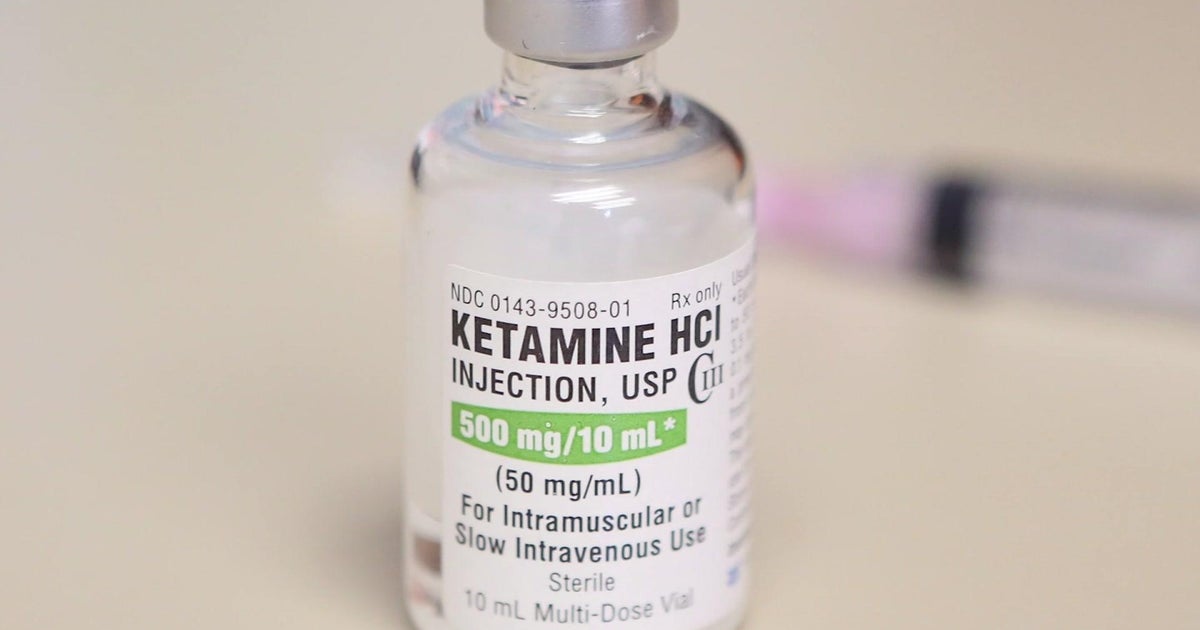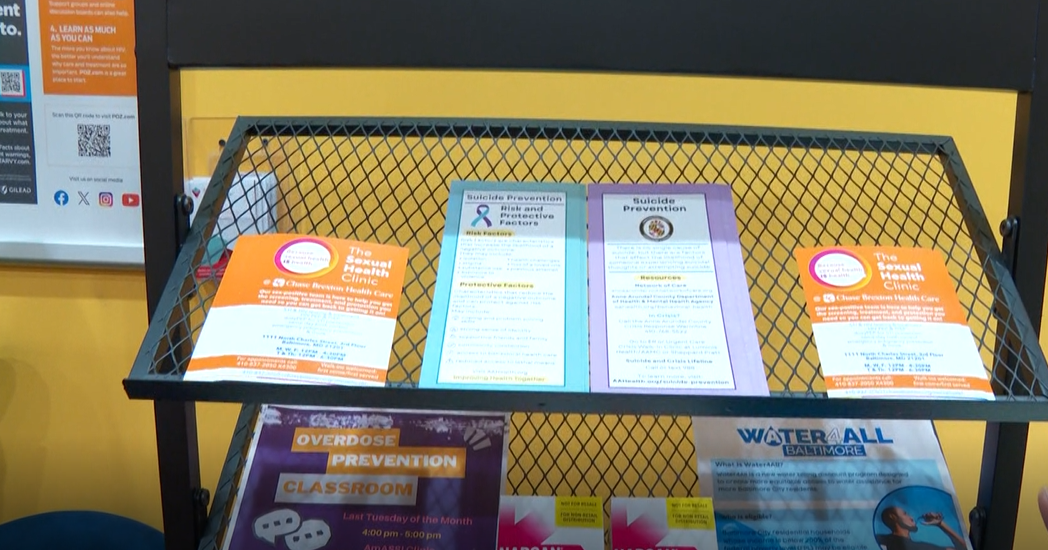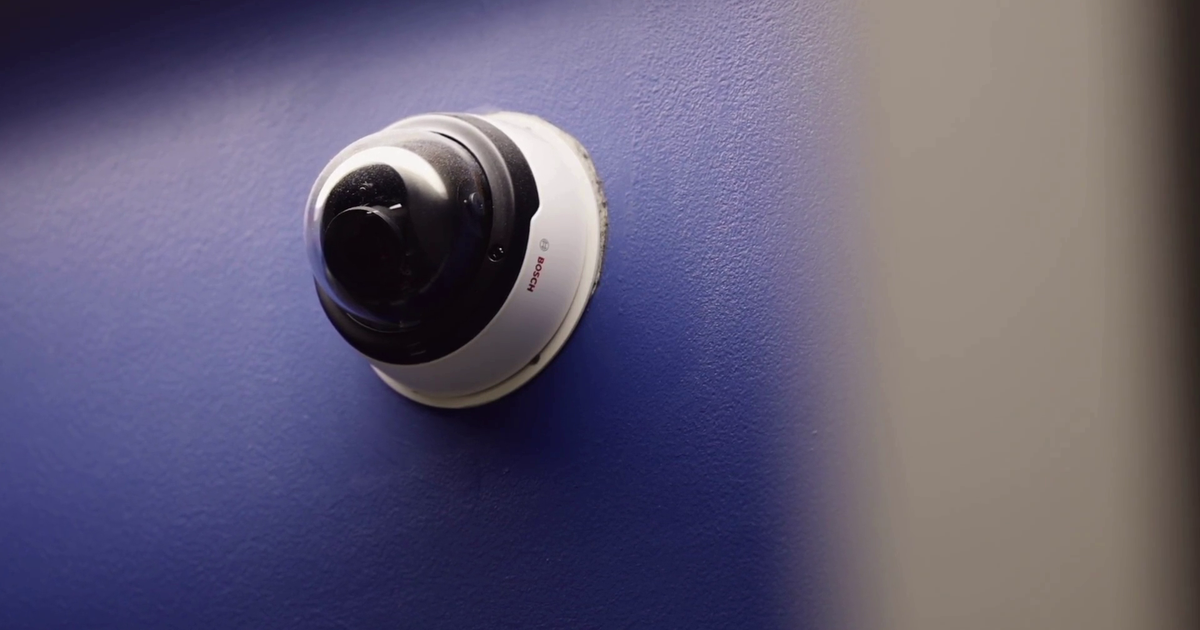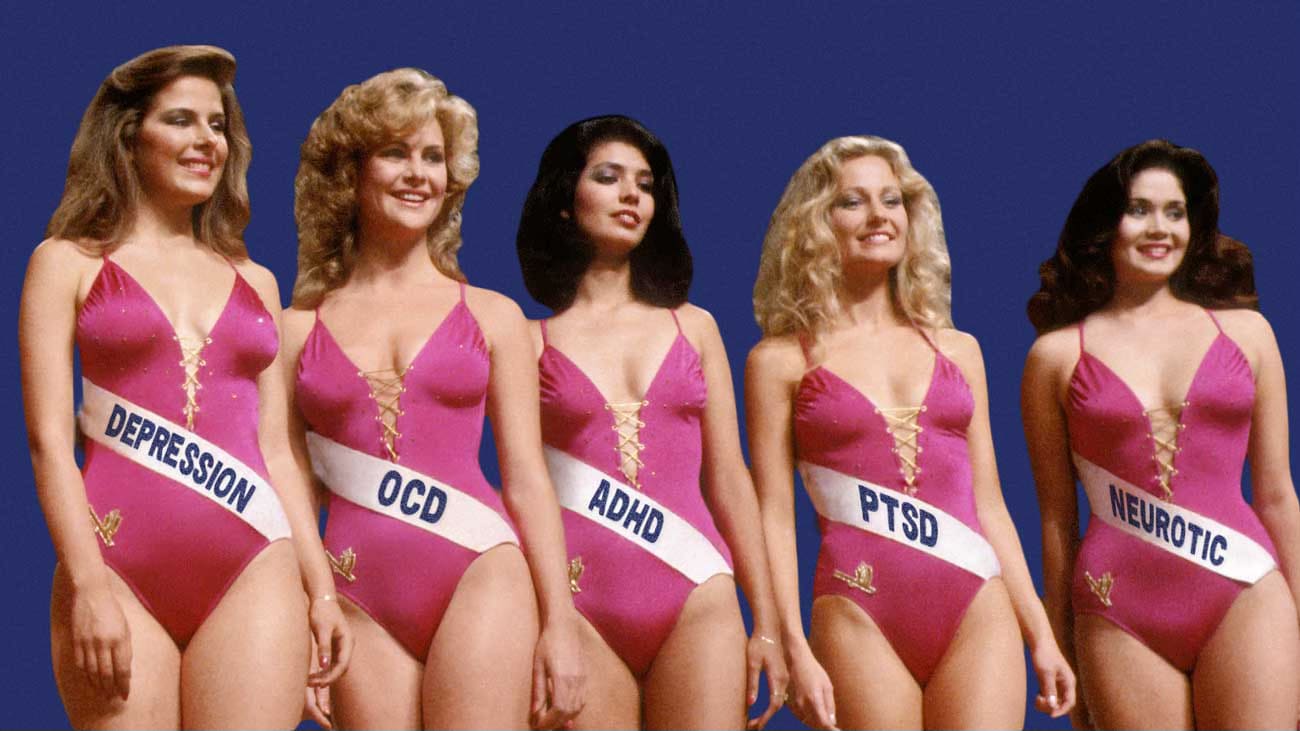Young man's death leads to questions about an Adderall prescription obtained online
Elijah Hanson struggled with his mental health for years. The 21-year-old from Tacoma, Washington, had been diagnosed with antisocial personality disorder and was receiving treatment from a local behavioral health clinic. According to years of therapy notes, he was desperate to better understand himself and his emotions.
"It was him and I in this huge battle, constantly looking for therapists, psychiatrists, anybody to take him on to help him with his issues," his mother, Kelli Rasmussen, told CBS News.
Earlier this year, Hanson followed an increasingly familiar path at a time when online mental health care providers were flourishing: He signed up with an online provider called Cerebral. As demand for such services soars, CBS News has been looking into the growing segment of the mental health marketplace that operates online — and one of the most prominent players in that space is Cerebral.
Hanson told Cerebral he needed help for ADHD — Attention Deficit Hyperactivity Disorder — despite never having been previously diagnosed. He was able to secure a prescription for the stimulant Adderall without any in-person consultations, even though, as his brother, Ethan Hanson, would later allege, he only wanted the drug to abuse it.
"He lied and said he had ADHD," Ethan Hanson said.
According to his brother, Elijah Hanson lied to Cerebral because he wanted Adderall, a prescription stimulant that is sometimes misused to get high. Ethan Hanson said that he and his brother had both abused the medication before.
Soon, his family said, Elijah Hanson dropped weight and started isolating in his room.
"You can definitely tell he was taking way too much. And he wasn't in his right mind at all," his brother said.
His mother believes Elijah Hanson's misuse of Adderall exacerbated his mental health issues. On June 25, she returned home to an inconceivable sight: Elijah Hanson lying dead on the kitchen floor. He'd found a gun kept in the house and recorded himself playing Russian roulette.
Before the pandemic, medical providers were not permitted to prescribe medications like Adderall to patients without first seeing the patient in person. Adderall is a controlled substance and in a class of drugs tightly regulated by the Drug Enforcement Administration because it carries a "high potential for abuse."
"These are dangerous drugs that are controlled for a good reason," Dr. Andrew Kolodny, an expert on prescribing, told CBS News.
Distribution was restricted under the Ryan Haight Act, a 2008 law named for an 18-year-old who died of an overdose from drugs he obtained online. It requires medical professionals to see patients in person before prescribing any controlled substance. But due to the pandemic, the law was temporarily lifted, meaning those drugs can now be prescribed through online, virtual appointments – something Kolodny sees as risky.
"Without the requirement for a face-to-face visit, you can see businesses take advantage of the ease in which these drugs can be prescribed," Kolodny said.
Data shows the U.S. saw a 15% increase in Adderall prescriptions for adults ages 22 to 44 from 2020 to 2021. Currently, there is a nationwide shortage of drugs like Adderall, raising questions about whether the explosion of digital mental health companies that diagnose and prescribe medications online may be in part to blame.
Cerebral is one of a number of online mental health companies that surged in popularity during the pandemic and helped meet a growing demand for virtual care. But some experts fear online providers make it too easy for people looking to abuse drugs like Adderall.
Cerebral's records show the first prescriber Elijah Hanson met on the platform in February declined to give him a stimulant, deeming him a "risk to prescribe [a] controlled substance." So Elijah Hanson created a new account in April and tried again. This time, a different Cerebral prescriber gave him the Adderall. Records show a family doctor later refilled Elijah Hanson's prescription, relying on the ADHD diagnosis made by Cerebral.
"I'm angry that this online platform just thinks that handing out these medications to people … is OK. Because it's not," Rasmussen said.
While Cerebral and others have urged the government to drop the in-person visit requirement permanently, the company has stopped prescribing controlled substances to new patients, telling CBS News in a statement that the decision was a way for the company to get ahead of the termination of the pandemic waiver that has yet to take place.
"Patients who were prescribed a controlled substance before May have, as clinically appropriate, been tapered off controlled substances or were transitioned to providers who can provide in-person care," a spokesperson told CBS News. "To date, no regulator has accused the company or any clinician of any wrongdoing or violation of any law."
The company declined to comment on Elijah Hanson's case. "While we cannot comment on specific client cases, we can say that Cerebral has robust systems in place across the board to detect and intervene when we suspect drug-seeking behavior," a spokesperson told CBS News.
In an exclusive interview with CBS News earlier this year, Cerebral CEO Dr. David Mou defended the company's prescribing practices after Cerebral confirmed it was the subject of a Justice Department investigation.
"We have really, really good clinical outcomes when it comes to depression and anxiety and P.T.S.D. and ADHD, and even serious mental illnesses, such as bipolar disorder," Mou said.
But in a letter written last month and obtained by CBS News, Cerebral founder Kyle Robertson — who was removed by Cerebral's board earlier this year — claims some of the company's leading investors "push[ed] for increased prescriptions of controlled substances" like Adderall. Robertson alleges one board member told him, "the easier you make it for people to get stimulants, the better for the business and its customers."
The company told us Robertson's allegations are "categorically untrue."
If you or someone you know is struggling, help is available 24-7 at the National Suicide Prevention Lifeline. Just call 988 or 1-800-273-8255. For more resources, please click here.
If you want to share your experience using online mental health services, email us at mentalhealth@paramount.com.





